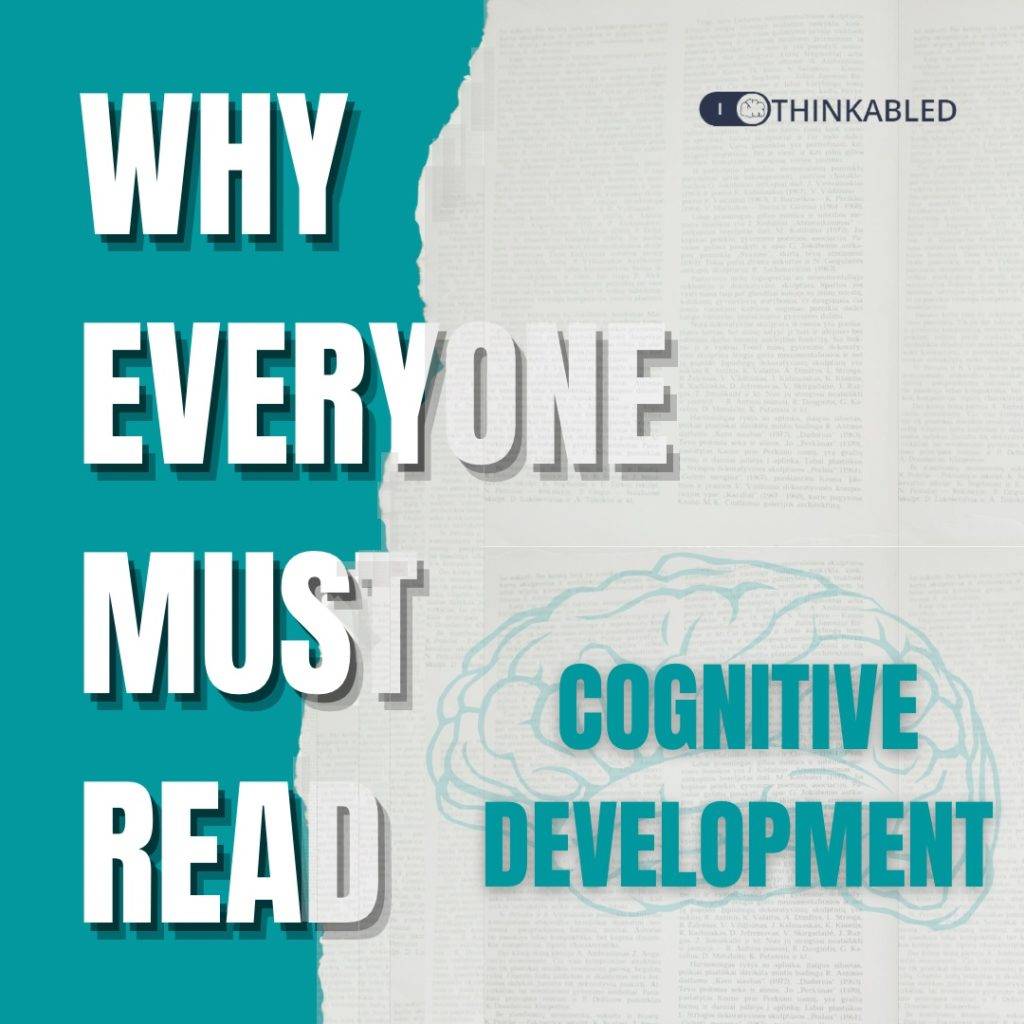
Introduction
The ability to read is central to pursuing knowledge and cognition. Knowledge is central to civilisations. Human beings have mastered the art of reading not just for gaining knowledge but also as a means of stress-buster to free their minds from the shackles of this world. The age-old wisdom teaches us that reading is good for our minds. From an Islamic perspective, reading is the first command revealed by Allah to His Final Prophet Muhammed ﷺ. But what exactly does reading does to our minds? Let’s explore
Rewiring Our Brain For The Better
One of the most amazing properties of our brains is plasticity. Plasticity is the ability of our brain to constantly form new connections and change old ones in response to the environment. In other words, our brains constantly change by “rewiring” to form new connections.
Reading rewires our brain to produce stronger connections. Studies by Joseph Heinrich, a Harvard Professor, show that reading increases neuronal connections in the temporal cortex (a region involved in language and communication) and corpus callosum (white matter that connects between the right and left half of the brain). This enhances our imagination, and the power to visualize and think through deeper problems. In short, rewiring our brains makes us smarter.
Grounded Cognition: You Experience What You Read
Imagine you are walking alone at night through the street near your home. Suddenly, you hear the cry of a wolf. Before you come to your senses, you witness a male wolf with green eyes in front of you. What visual picture popped into your mind as you read these?
Reading activates the central sulcus of your brain: a region involved in integrating sensory-motor skills and forming associations between them. This activation provides you with a “grounded cognition”. Grounded cognition means you experience what you read. When the protagonist of the story cries, the neutrons associated with crying are activated. When the wolf barks, the neurons associated with hearing are activated.
Memory, Dementia, and Attention Span
Reading does to our brain what lifting weights do to our muscles. It boosts our memory much more than compared to watching or listening. This is because reading is an active process that involves the comprehension of text internally from visual and auditory stimuli. Being a slow process, reading promotes deep thinking which strengthens the neuronal circuits in our brain to produce long-term memory.
A 2013 study conducted found that people who read regularly were less likely to develop the plaques, lesions, and tau-protein tangles found in the brains of people with dementia. Moreover, unlike skimming through information on smartphones tab-by-tab, reading books provide information in a linear sequence. This helps in connecting links and forming structures within our reading. All of these require time by which our attention span becomes longer and better.
In conclusion, Maryanne Wolf, director of the Center for Reading and Language Research at Tufts University and author of Proust and the Squid: The Story and Science of the Reading Brain, tells us: “When you read, you have more time to think. Reading gives you a unique pause button for comprehension and insight. By and large, with oral language—when you watch a film or listen to a tape—you don’t press pause. We are forced to construct, produce narrative, to imagine.
